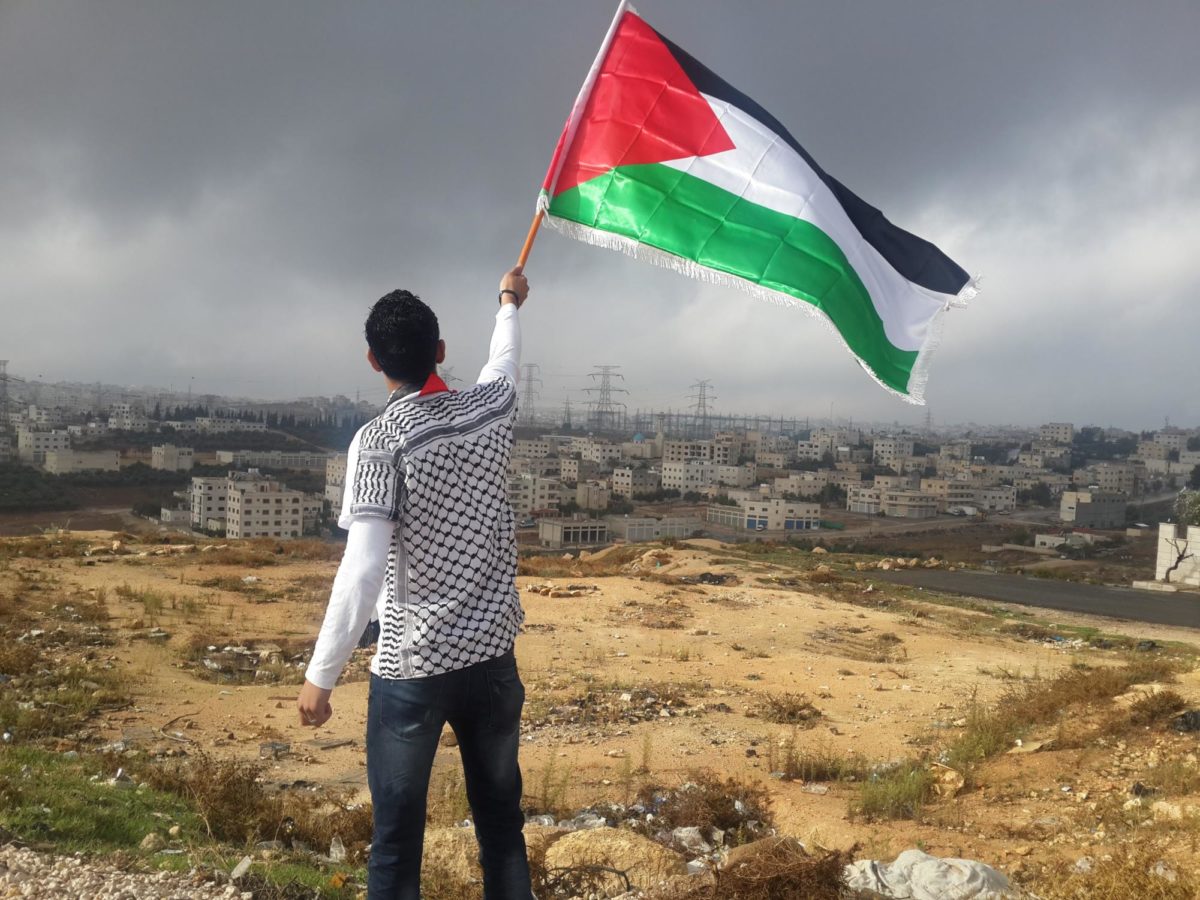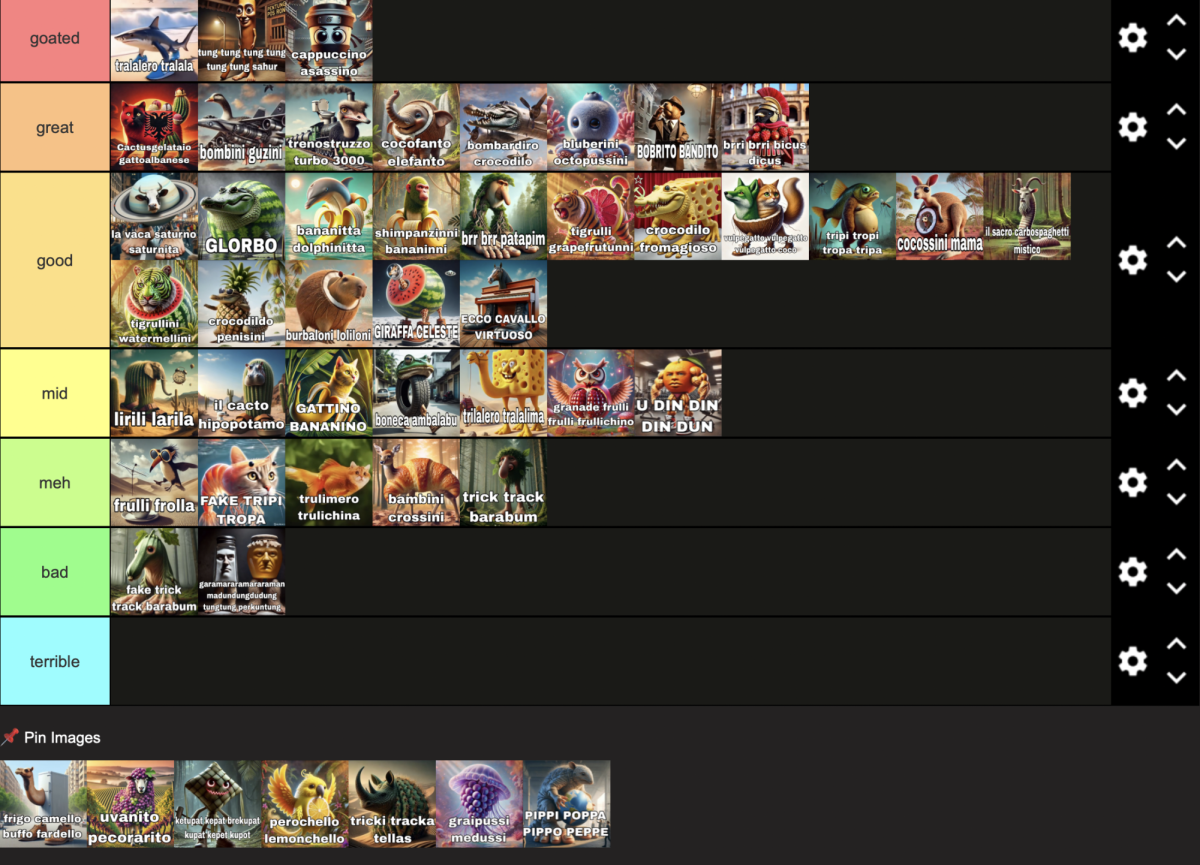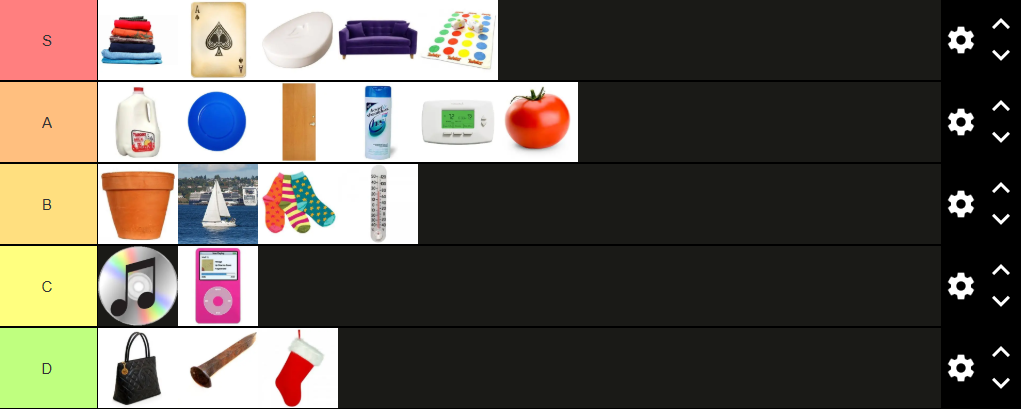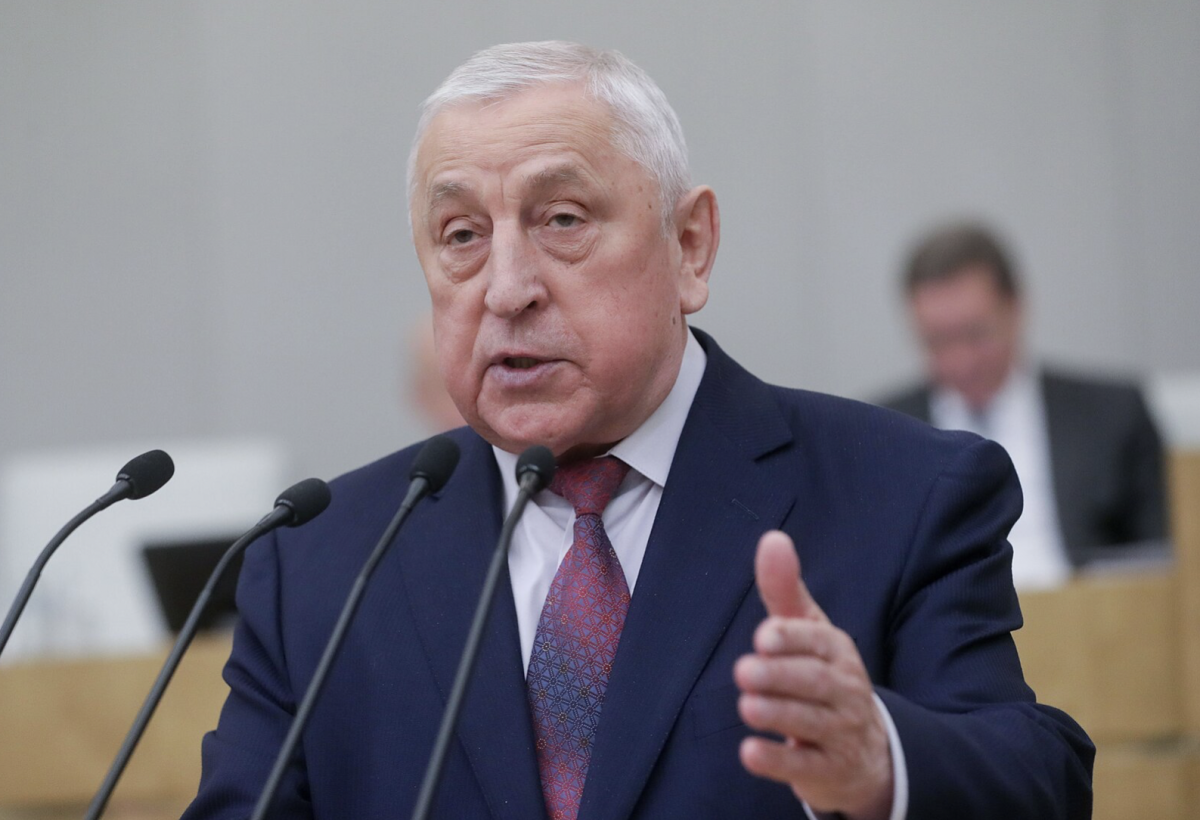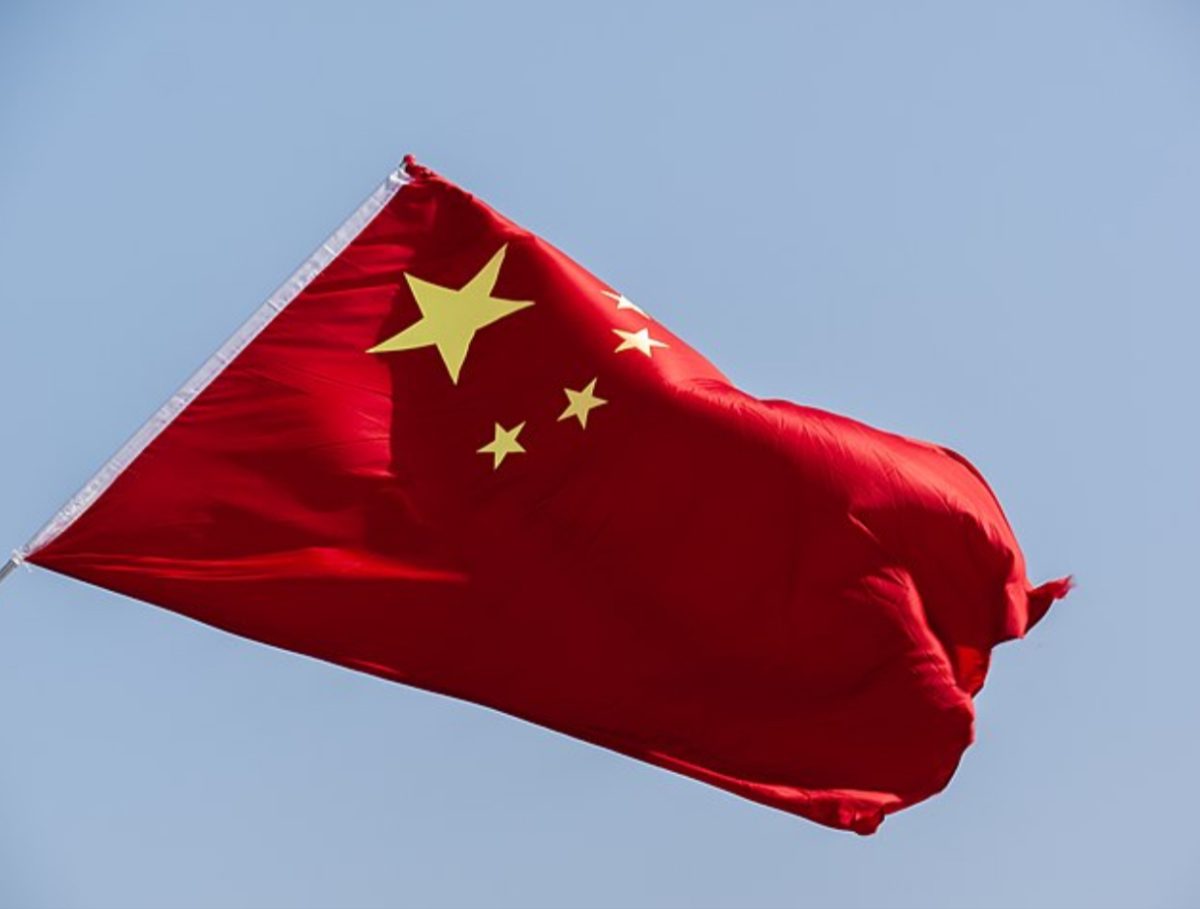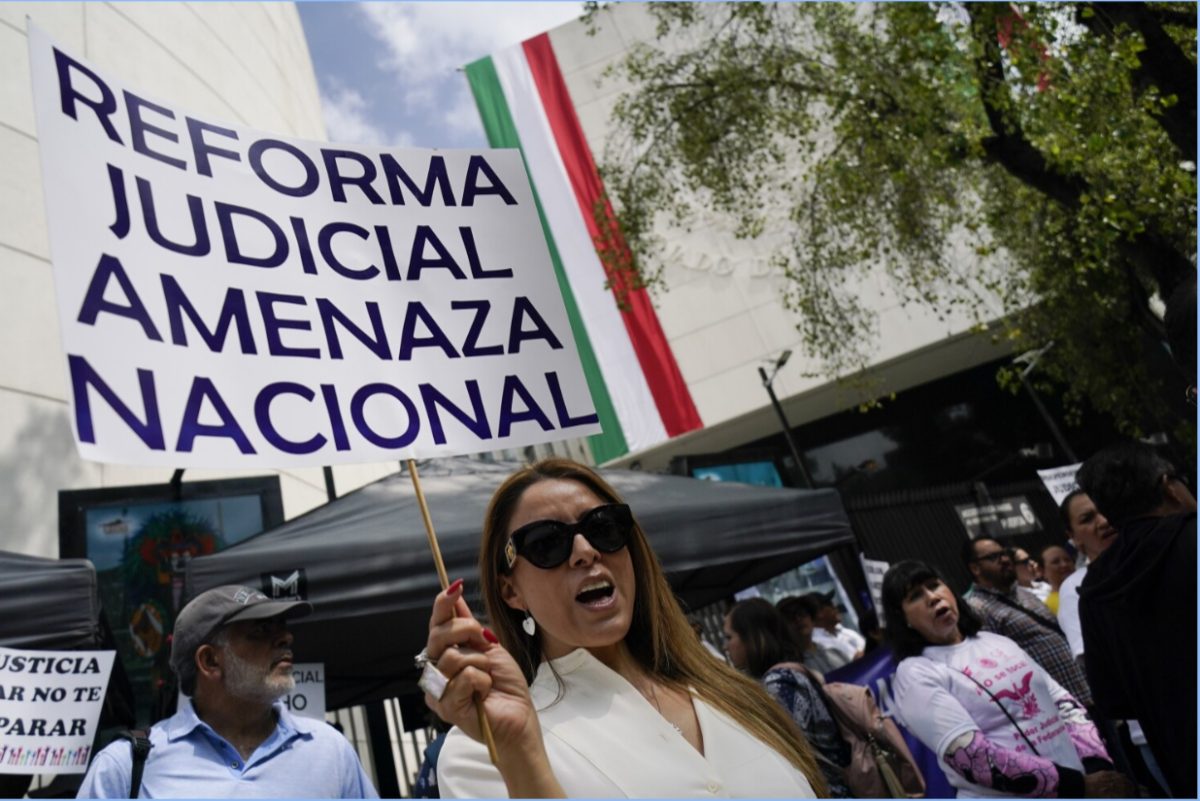Early on Friday, October 7th, the terrorist organization Hamas launched an estimated 2,200 rockets toward the major cities of Tel Aviv and Jerusalem, killing more than 1,000 people as reported on Wednesday. The Prime Minister of Israel, Benjamin Netanyahu, quickly claimed that “Israel was at war” with Hamas. However, this dispute is only the boiling point of an issue that has long plagued the Middle Eastern region.
Ahmed Yassin, a Palestinian Nationalist and a longtime supporter of conservative Islamic values in 1987, founded Hamas. Yassin founded Hamas as a branch of the Muslim Brotherhood, a religious organization not necessarily focused on gaining national recognition for Palestine. Originally, Israel supported the idea of Hamas as a chance for an Islamic group to counteract the popular belief among Palestinians that it was necessary to gain sovereignty. Israel soon began to renounce their original support of Hamas, as it became clear that Yassin and his followers did not believe in Israel’s right to control the region of the Gaza Strip. Israel took action on their ideological disagreements with Yassin, assassinating him via a missile strike and killing 11 other civilians.
The killing of Yassin was “condemned” by the UN and other major world organizations, yet not much resulted in the condemnation for either Israel or Palestine. Comments from many of the world’s powers about the incident were vague about how the international community should handle such a sensitive issue. Unfortunately, this lack of action led to the martyrdom of Yassin and the growing tension between Israelis and Palestinians on the strip.
Hamas had always been a proponent of the use of armed resistance against Israel, yet it became exacerbated after the death of Yassin. Hamas was able to gain widespread support throughout the Gaza Strip after 2004, eventually gaining enough popularity to win the 2006 Palestinian Legislative Election.
Fatah, or the Palestinian National Liberation Movement, had exercised control over Palestinian politics since the 1960s and influenced many of the military responses to Israeli control in the area. After 2006, Fatah struggled to remain in control against the growing popularity of Hamas. Fatah refused to give up said power without a fight, leading to a conflict between the two revolutionary groups. Many of the UN’s strongest powers, including the United States, rejected the parliamentary election and sanctioned the government. When it was clear that the Palestinian people were going to stand by the inflammatory group, the US began providing weapons to Fatah to put an end to the already volatile situation present within the region.
Ultimately, Fatah was unable to snuff out the flame of Hamas and was forced to reconcile with the fact that the Palestinian people were tired of poverty and subjugation and were willing to put their faith in anyone who would promise a better future. This sentiment is not unlike many of the desires of subjugated people in the past who only want a “free” life that many in the West enjoy.
Since 2009, Hamas and Israel have been engaged in on-and-off conflict. The deadliest uptick in the war was in 2014 when over 2,000 Palestinians were killed in 7 weeks by targeted missiles. Over 3/4ths of the total killed or injured in the 2014 version of the war were civilians, giving insight into how difficult it is for one side to be made into the “greater” side.
By the time of this writing, at least 4,000 Israelis and Palestinians have been killed in this conflict, with many more injured, combining stats from ABC News and Reuters. In a time of war, it is easy to be encouraged to join the emotionally charged frenzy that results from widespread coverage of the atrocities occurring during the conflict. There is often so much information that the general public becomes overwhelmed with the constant barrage of news. Despite this, I implore the reader to take the time to understand the history of the issues at hand so that the loss of lives will not be in vain this time around.

